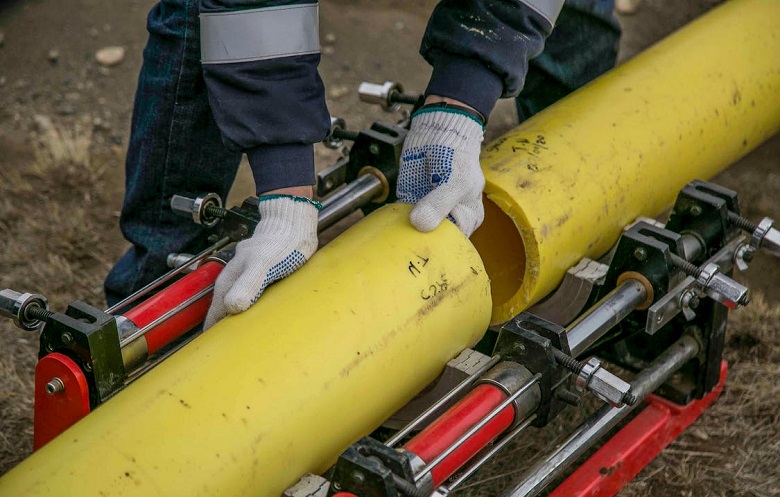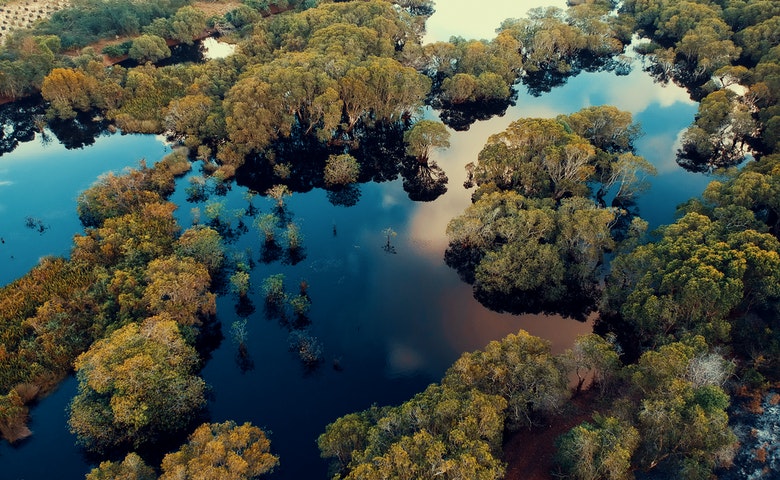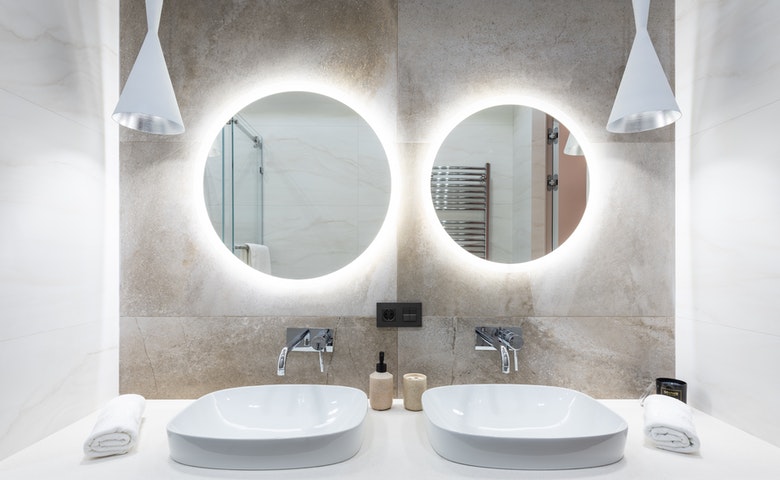How to Choose Right Hot Water System in Adelaide

In choosing the right hot water system for the changing climates of Adelaide, energy efficiency, climate variations and water usage patterns are some of the considerations. This is a detailed guide that should enable one to make an informed decision. Moreover, with the help of an Adelaide Plumber, you can choose the right hot water system.
-
Understand Climate Variations:
Adelaide goes through various weather conditions ranging from hot summers to cool winters. In light of unpredictable weather patterns due to climate change, a hot water system must be chosen. Solar and heat pump systems are also good options. They utilize renewable energy sources that perform consistently in different weather conditions.
-
Energy Efficiency Matters:
Therefore, go for a hot water system that is highly energy efficient since the trend is moving to sustainable living. The solar hot water systems use the sun’s energy, reducing the dependence on traditional energy sources. Another eco-friendly option is heating pump systems, which extract heat from the air or ground. Each of them helps cut energy bills and the carbon footprint.
-
Consider Water Usage Patterns:
Assess how your home uses hot water. Such systems are suitable for small households with lower demand such as instantaneous (tankless) systems. Storage systems can be useful for households that have larger families and have consistent hot water needs.
-
Solar Hot Water Systems:
The plentiful sunshine in Adelaide, thus, renders solar hot water systems a worthwhile investment. These systems are composed of solar collectors that absorb the sunlight and convert it into heat, which is transferred to the water. Ensure you select a high-quality solar collector and efficient pump for optimum performance.
-
Heat Pump Systems:
Heat pumps are used to pump heat from the air or ground to warm water. They are efficient in even cooler climates. In Adelaide, the climate fluctuates a lot; therefore, when choosing a heat pump, opt for one made to work in different conditions.
-
Gas and Electric Systems:
However, the most eco-sensitive alternatives cannot include gas and electric hot water systems. This efficiency results in the release of carbon in the gas systems. The effect of electric systems on the environment depends on the source of energy. However, make them highly efficient and think of renewable energy.
-
Storage Capacity:
Determine the required hot water storage volumes according to the size of your family. The best storage also means a constant supply of hot water especially when demand is high. Consider the number of occupants, daily routines, and peak usage hours, and then choose the suitable system.
-
Installation and Maintenance:
While choosing the hot water system, make sure you have included the instalment and maintenance costs. These systems are characterized by high installation costs. Additionally, you need to factor in long-term overhead and maintenance costs to ensure that the system is functional and effective.
-
Government Incentives:
Green rebates and incentives for green hot water systems. Incentives are needed as an offset to initial cost of such environmental conscious choices. Consider some of the motivators and look for a system that works for your environmental and financial demands.
-
Seek Professional Advice:
Specialized practitioners may offer particular advice that is relevant to your case. An experienced technician or energy consultant will evaluate your house, the level of heating, or the climate. Plumbers in Adelaide always watched what was going to offer you with the best options and remedies
Conclusion
Nevertheless, the most important factors to take into account are changes in climate, energy efficiency, water usage patterns, and long-run costs. Considering these elements, a sound choice can be made to abide by environmental and practical limitations.












